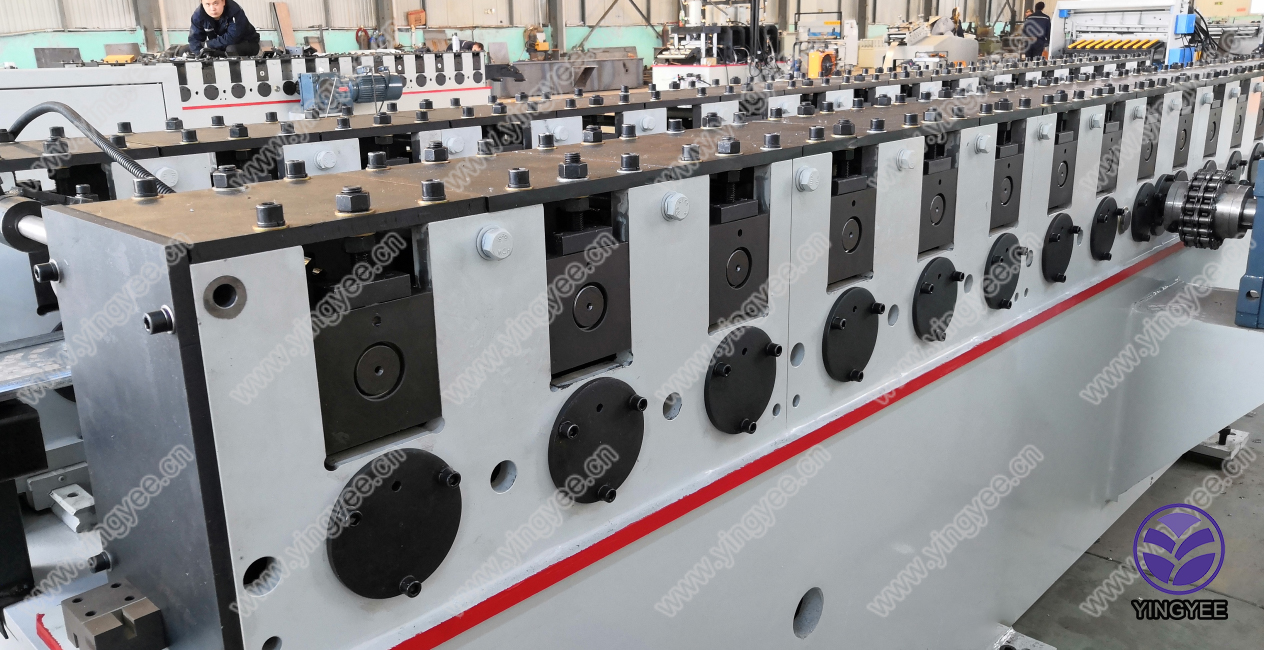
The Revolution of Screw Rolling Machines in Manufacturing
Screw rolling machines have revolutionized the manufacturing industry by enabling the efficient production of various screw types and fasteners with high precision and minimal waste. These machines utilize a unique cold-forming process that not only enhances the mechanical properties of the materials used but also significantly increases production rates compared to traditional machining methods.
At the heart of screw rolling technology is the principle of forming metal under pressure. In this process, a cylindrical blank is subjected to the influence of specially designed rolling dies, which shape the metal into the desired screw profile as it moves through the machine. This method not only reduces the amount of scrap material produced but also improves the density and strength of the screws, as the cold working process aligns the grain structure of the metal.
One of the primary advantages of screw rolling machines is their ability to produce screws with consistent quality and dimensions
. The precise control of the rolling process ensures that every screw meets the necessary specifications, which is crucial for industries such as automotive, aerospace, and construction where the integrity of fasteners is paramount. Additionally, the repeatability of the process translates to lower production costs and faster turnaround times, making it an attractive option for manufacturers.
Furthermore, modern screw rolling machines are equipped with advanced features such as computer numerical control (CNC) technology, which allows for greater automation and flexibility in production. Operators can easily program the machines to produce different screw types without the need for extensive manual adjustments. This adaptability helps manufacturers respond quickly to changing market demands and introduces new products with shorter lead times.
In recent years, there has also been a growing emphasis on sustainability within the manufacturing process. Screw rolling machines contribute to this effort by reducing material waste and energy consumption. The process of cold forming is inherently more energy-efficient compared to traditional machining, where significant heat is generated and dissipated. Thus, investing in screw rolling technology not only benefits manufacturers economically but also aligns with the global push towards more sustainable production practices.
In conclusion, screw rolling machines represent a significant advancement in the manufacturing of screws and fasteners. Their ability to produce high-quality products efficiently, coupled with their environmental benefits, positions them as a cornerstone of modern manufacturing processes. As industries continue to evolve, the role of these machines will likely expand, paving the way for innovations in fastener technology and manufacturing efficiency.